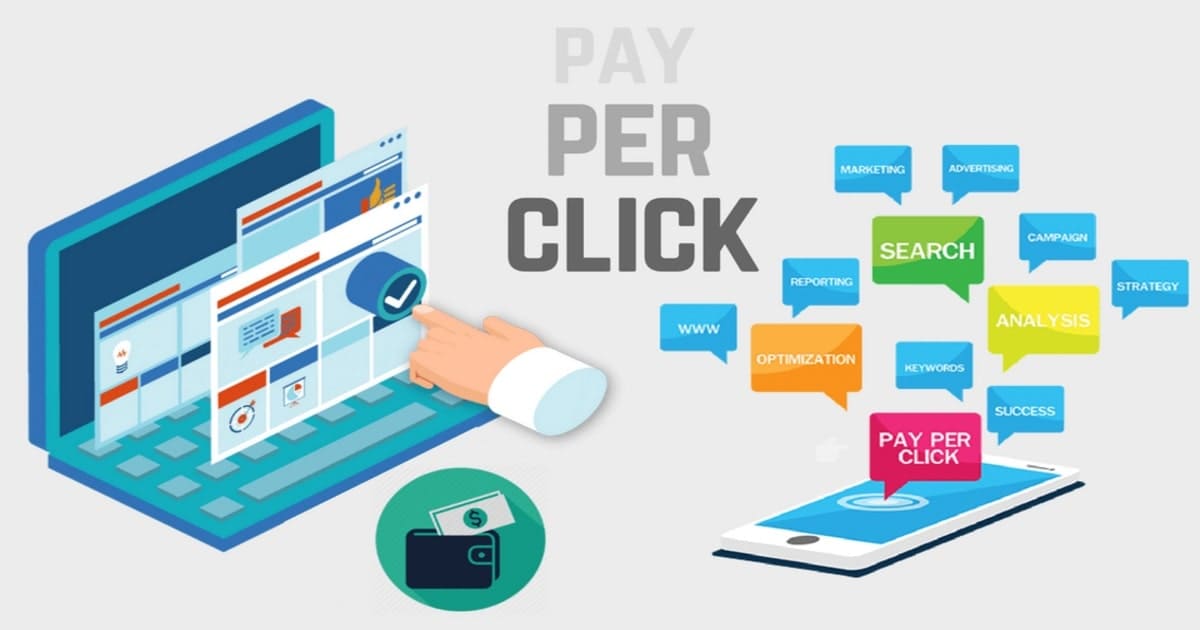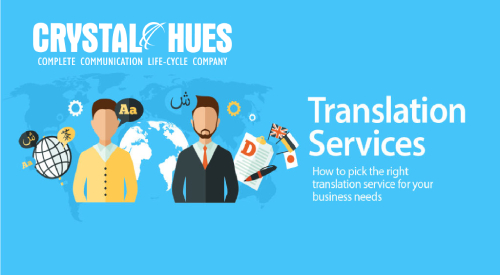
What is PPC in marketing, and how does it work?
What Is Pay-Per-Click Advertising?
PPC is an online advertising model in which the advertisers pay whenever a user clicks on one of their online ads. Pay-per-click marketing service is an advertising platform where marketers don't pay by the impression or entirely for ad placement. The advertiser pays when online users click the ad, and it does not depend on where the ad is placed.
Internet marketing services help businesses place ads in leading search engines. PPC ads format appears on various search result pages of search engines like Bing or Google. If the advertisers want to place their brand, product, or service front and center in the form of an ad to target a specific keyword or behavior, they have the opportunity to use Pay-per-click marketing.
Internet marketing services use various PPC ads, but the most common type is the paid search ad. When people search for things online using a search engine like Google- especially when the consumer is performing commercial searches, that means that they are looking for something to buy. These ads help the customer to find what they are looking for. If the ad is rightly placed, the customer is bound to visit the website to check the seller's products and services.
These ads could range from anything, either a mobile search or pizza center to a local search such as dentists, plumber, or a shopping center or a high-end item like enterprise software.
How Does Pay-Per-Click Advertising Work?
If advertisers wanted to appear more prominently than their competitor's ads, advertisers simply could not pay more. For ads to appear alongside the results on a search engine, ads are subjected to what is known as the add auction, which is an entirely automated process of Google and other major search engines. These auctions are used to determine the relevance and validity of advertisements that appear on their SERPs.
An instantaneous auction occurs for the keyword every time there's an ad spot on a search engine result page. Multiple factors come into play, including the amount and quality of the ad, deciding the winner who will appear in the SERP's top spot. This is what makes the PPC growing.
The auction is triggered based on keywords that are bid on by the advertisers. Suppose if an advertiser is interested in PPC marketing and want to get involved in this auction. Advertisers have to use the platform's account like Google ads to set up their ads and decide well and when they would like their ads to appear.
Based on the ease of management, reporting of different locations, product types, or other useful categorization, various accounts are split into campaigns. In addition, campaigns are further divided into ad groups that compromise keywords and relevance ads.
Benefits of PPC Marketing
There are various benefits to PPC marketing:
Speed: With PPC's help, the Internet marketing service can quickly drive significant traffic to their website. PPC marketing has become one of the fastest digital marketing strategies to drive growth and conversion traffic if managed effectively.
Precision: If the Internet marketing service wants to create a highly targeted audience to show their ads, they rely on PPC marketing, which are straightforward.
Agility: With the help of PPC, performance data is quickly available, and thus, certain changes could be made instantly to improve your chances for a successful campaign.
Measurement: PPC marketing helps an effective conversion tracking so that advertisers could see their ROI of their ads.
Stability: Unlike SEO and content marketing, the PPC marketing doesn’t depend on the algorithm changes. In fact, using current and your future campaigns, you can quickly judge how your current and future campaigns will perform.



